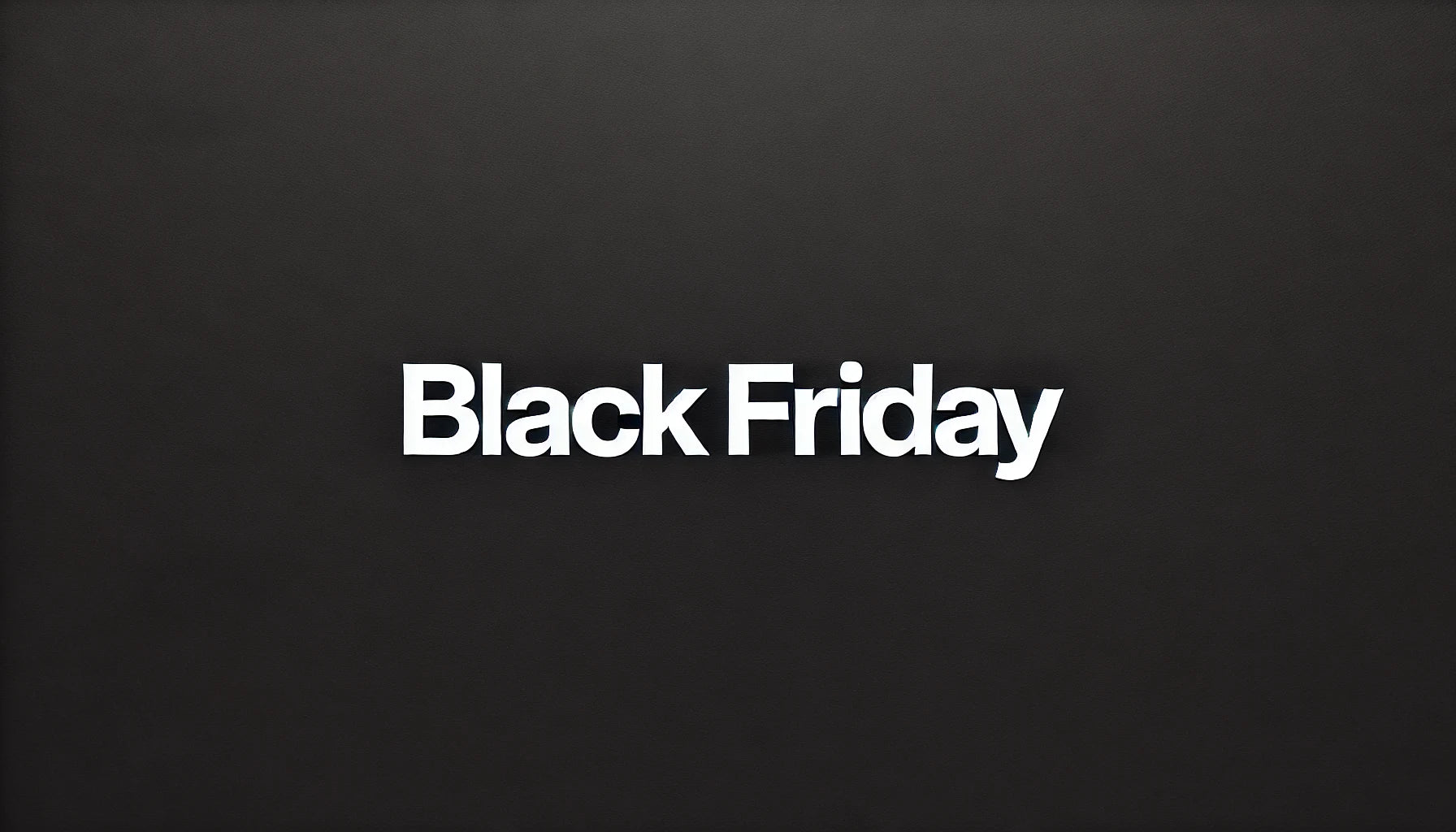Good.
Good.
Good.
In the Oxford English Dictionary, ‘Good’ is described as "having the required qualities; of a high standard.” But in business, what does it even mean to be "good"? Is it about turning a tidy profit each quarter? Or is it about earning customer loyalty, year after year? Some might argue it’s a bit of both, but the truth is that "good" in business is just as slippery as it sounds.
Take my company, Prototypist Keyboards, for example. We’ve managed to carve out our little corner in the niche world of mechanical keyboards, and by all accounts, I like to think we’re doing “good.” We’ve made careful, sound decisions, listened to customers, tweaked designs, delivered quality... and so far, that’s worked in our favour. But a business is never just what’s happening on the inside. Like a tree, it grows and twists in response to everything around it: market trends, customer expectations, supply chains, its staff, and, yes, the economy.
And here’s the kicker: in business, a decision can be "good" today and horrendous tomorrow, all thanks to a shifting market. Sound decisions that make perfect sense in one context can turn upside down if the economic winds change. For instance, look at the mini Truss budget of a couple years ago. Exchange rates to the USD tanked the GBP within a matter of hours. When you sell like we do, on a Group Buy or Pre-Order basis, those products now cost more than when you agreed to sell the damn thing.
Also, consider the recent 60% tariff slapped on goods from China by the latest round of trade policies in the US. Trump may call it a fair deal, but if you’re running a business like ours that relies on high-quality, affordable components from Asia, that’s an absolute gut punch. Especially if you are based in the USA, but even that doesn’t limit your exposure.
We could have the best products in the world, made by the most dedicated team, but if a tariff sends our costs soaring, we’re suddenly in a world of hurt. What was once a “good” decision; sourcing quality parts from reliable Chinese manufacturers, becomes a financial headache that has us scrambling to make numbers work. A 60% increase doesn’t just eat into profit; it forces you to reevaluate your entire approach. Do we raise prices and risk losing customers, or do we take the hit and cross our fingers that we can still cover the bills?
And it’s not just us. The entire keyboard industry has been slapped with this reality check. Vendors everywhere are weighing similar questions, wondering how to adapt without compromising the "good" decisions they’ve spent years building upon. We’re not even talking about the typical ups and downs here (tariffs, inflation, supply chain issues). Sometimes, good decisions just get bulldozed by economic changes, leaving well-meaning companies to figure out how to stay “good” without losing their footing.
The issue for us, as ever, is that the UK keyboard community is, well, small—tiny even. Like so many things on this island, our market isn’t exactly overflowing with buyers. And that makes meeting MOQ (that’s Minimum Order Quantity, for the uninitiated) a Herculean task. This is why products generally have regional vendors. A bit like Sam and Frodo in The Lord of the Rings, the name of the game is “share the load.” The idea is that, by working together, we can actually get these products made.
And the US? Well, they’re usually the main event in this equation. As is their nature, the demand from the States usually makes up a big chunk of that crucial MOQ magic number. But slap a 60% tariff on that part of the equation, and, well, the whole plan starts looking a bit wobbly. If that slice of the pie goes missing, then we’re all in serious trouble. How do the rest of us pick up the slack without that big boost from the US market?
This all boils down to a hard truth: being "good" in business isn’t just about today’s wins; it’s about anticipating tomorrow’s losses. It’s a bit like a chess game. If you’re only playing one move at a time, you’ll get blindsided. You’ve got to have a long-term vision, ready to pivot and adapt, because sooner or later, the world is going to throw something completely unexpected in your path. Today it’s tariffs; tomorrow, who knows? Maybe a change in shipping regulations or a sudden jump in raw material prices.
At Prototypist, we’ve tried to learn to adapt, not just to survive but to try to stay good. That means staying nimble, finding alternate suppliers, diversifying product lines, and building a resilient team. Every decision is a balancing act between what’s right for today and what might happen tomorrow. A good business isn’t just one that’s profitable; it’s one that has the ability to survive when good decisions start to turn sour. But even that luck can run out…
Look at MyKeyboard. By most metrics, they were a good business for a long time. They had a solid community following, had good customer service, and were well-respected in the mechanical keyboard world. Until they didn’t and weren’t’. Somewhere along the line, the business went off the rails. The problem? Cash flow and scaling. They aimed too high in covid, forecasted only on growth, and when the pre-orders and group buys piled up, the cracks began to show. "Good" can keep you afloat only so long when there are more outstanding orders than you can afford to pay for, and when the money runs out, so does your business.
So, yes, “good” in business is never straightforward. It’s not just a list of checked boxes or a certain number of satisfied customers. It’s more of a moving target, a dynamic mix of strategy, resilience, and, frankly, a bit of sheer nerve. Because if there’s one thing the world of business will teach you, it’s that a good business is one that’s prepared to weather both the highs and the lows, knowing full well that today’s good might be tomorrow’s headache. And if you can manage that, well, then you’ve really earned the right to call yourself a good business. Maybe I’ll get there one day…
![proto[Typist] Keyboards](http://prototypist.net/cdn/shop/files/protoTypist_Logo_Package_Logo_With_Subtext-Green_be7b58c5-e3c2-4a11-a8e1-d72e6aff5cd7.png?v=1630542842&width=1031)






Leave a comment
All comments are moderated before being published.
This site is protected by hCaptcha and the hCaptcha Privacy Policy and Terms of Service apply.